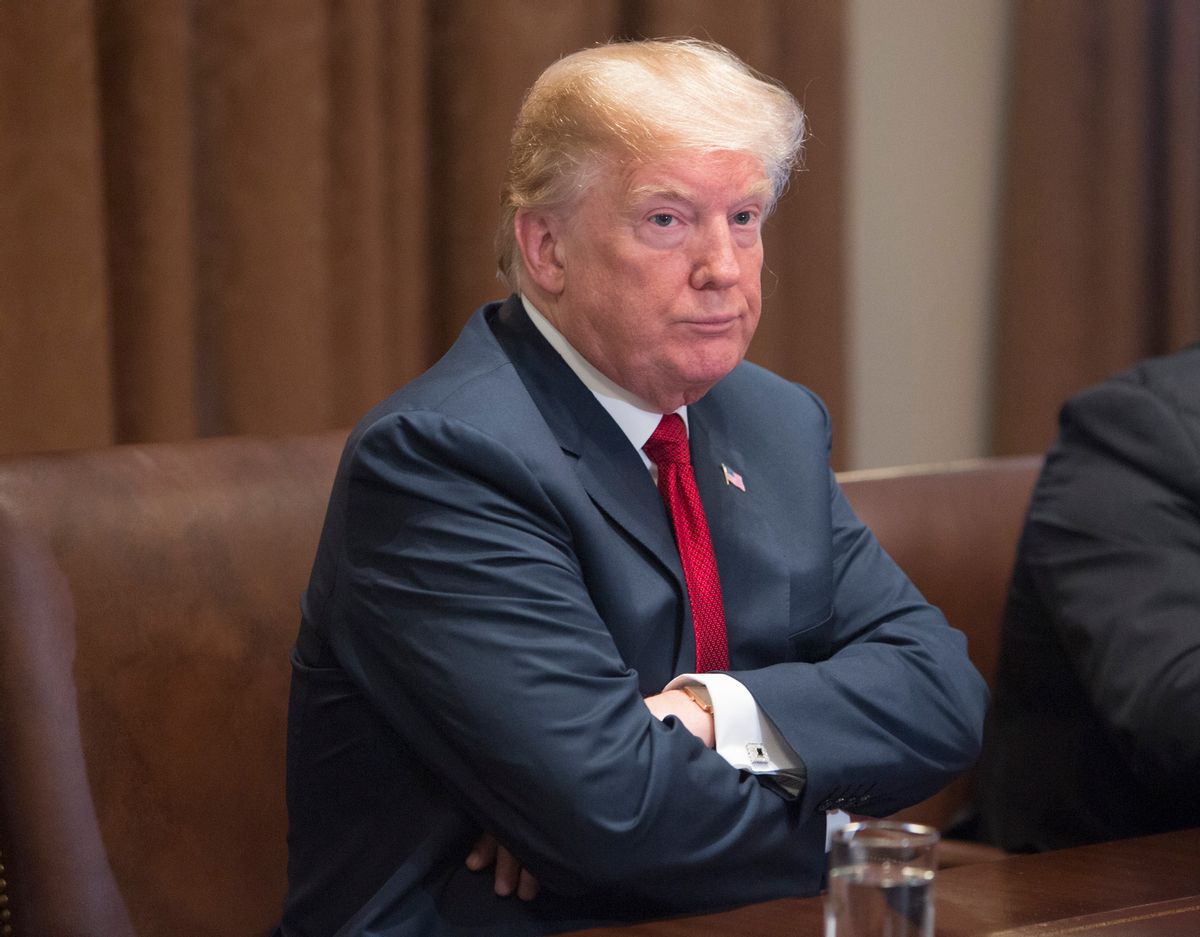Prosecutors appear to be treating their investigation of former President Donald Trump's business empire as if it were a mafia family, according to several reports out this week.
Manhattan District Attorney Cy Vance is likely considering criminal charges centered around the idea that the Trump Organization is a "corrupt enterprise" under a New York state racketeering statute resembling the federal RICO law — an abbreviation for the Racketeering Influenced and Corrupt Organizations Act, which was passed in 1970 to crack down on pervasive organized crime — several legal experts and former prosecutors told Politico.
"No self-respecting state white-collar prosecutor would forgo considering the enterprise corruption charge," longtime New York City defense attorney Robert Anello said. "I'm sure they're thinking about that."
The law, known colloquially as "little RICO," kicks in if prosecutors can establish that an organization or business has committed at least three separate crimes — a "pattern of criminal behavior," in legal parlance. A sentence under the statute can result in up to 25 years in prison — with a mandatory minimum of one year.
Vance has even hired a veteran mob prosecutor and expert in white-collar crime, Mark Pomerantz, to bolster his team, the New York Times reported in February.
Trump himself has a long history with several prominent New York City mob families — building his signature Trump Tower in Manhattan with help from a concrete company run by Anthony "Fat Tony" Salerno and Paul Castellano, who at the time were bosses of the Genovese and Gambino families, Business Insider reported.
And just like in the investigations that put Salerno and Castellano behind bars, it appears prosecutors are hoping to rely on the testimony of "family" members like Trump Organization CFO Alan Weisselberg, one of the company's longest-tenured employees. His former daughter-in-law, Jennifer Weisselberg, is cooperating with Vance's investigation and says she believes her ex-husband's father will flip on Trump due to his age and aversion to spending any time in prison.
New York Attorney General Letitia James, who recently agreed to join forces with Vance on her separate investigation of Trump's business dealings, has also forced Trump's son, Eric, to sit for a deposition interview, according to the New York Times.
But the decision to pursue racketeering charges carries its own risks, and many legal experts say prosecutors are better off seeking straightforward indictments on specific crimes that are easier to litigate.
"Why overcharge and complicate something that could be fairly simple?" Jeremy Saland, a former prosecutor in the Manhattan DA's office, told Politico. "Why muddy up the water? Why give a defense attorney something that could confuse a jury and be able to crow that they beat a charge in a motion to dismiss?"
Trump has repeatedly denied any wrongdoing, and blasted the investigations as politically inspired "witch hunts."



Shares